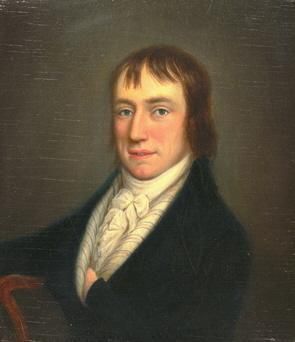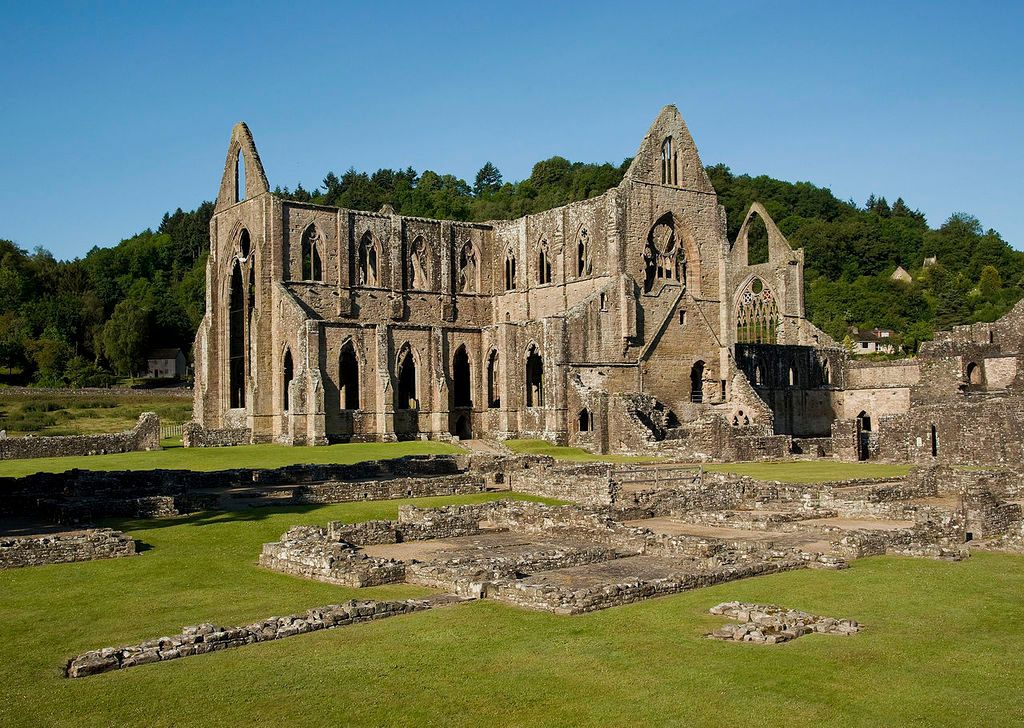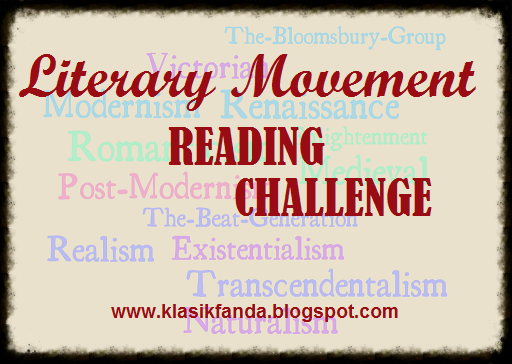 | |
| “Fill your paper with the breathings of your heart.” |
One of the most famous works to come out of the Romantic period was The Lyrical Ballads by Williams Wordsworth and his pal Samuel Taylor Coleridge--a collection of works by both poets first published in 1798 with a second edition published in 1800 (includes the preface). They were both determined to usher in a new-wave of poetry that would overturn the high-brow and neo-classical traditions of the 18th century. The explicit artifice found in the poetry of their predecessors such as Alexander Pope and John Dryden would be replaced with the stark-naked truth of human emotions. In the preface, Wordsworth describes poetry as "the spontaneous overflow of powerful feelings." He goes on to elaborate further that the mind undergoes a kind of transition from tranquility to contemplation but once that tranquility disappears, emotions take over and poetry is born. The combination of the "lyric" and "ballad" was wholly unique at the time--a hybrid genre that would take on the qualities of expressing personal and emotional feelings as found in the lyric with the oral traditions of the ballad (poems or songs narrating a story in short ballad stanzas that take on the form of quatrains).
In order to make sense of Tintern Abbey, it is important to know a little more about what Wordsworth and Coleridge were attempting to achieve with the Lyrical Ballads. In the preface, Wordsworth describes the Lyrical Ballads as an "experiment," warning readers that the rough diction and lack of refinement may come across as strange or primitive in contrast to the older traditions. Nature and individualism take on a great importance for them. They wanted to focus on the universality of human emotions and on the lower classes to express their lives. Daily life was seen to be greater than common life; the poems often coloring ordinary situations with imagination. They wanted to bring poetry within the reach of the average person; writing in a colloquial language for the "common man" which in turn, becomes an artistic and political statement: 1) they will be original artists rather than copying others. 2) they can discuss subjects and issues that are not normally addressed in poetry such as domestic life or the rural poor. City life is viewed as problematic; the rise of consumerism and capitalism degrades the ability to appreciate nature. In a sense, Wordsworth and Coleridge see themselves as political reformers.
Now that I have provided some background information and context, it is time to jump into the awesomeness of this poem. Saving the best for last, Wordsworth decided to place Tintern Abbey as the final poem in the Lyrical Ballads. A good decision on his part. Hey, if you are going to attempt to kick-start a new literary movement, you might as well go out with a bang, right? Written in blank verse, there is a prosaic feel to this poem that is remarkable in its narrative flow, language, personal convictions, honesty and above all else, it's poetic ambitions. Wordsworth would later go on to write far more audacious works such as The Prelude along with the The Excursion, but Tintern Abbey appeals to me most for its emotional intensity and philosophical musings. No matter how many times I read this poem, it never fails to makes me fall in love with the beauty of poetry all over again.
First off, it can categorized as a "prospect poem" which is usually bound to a particularized setting (usually outdoors) where the speaker engages in an internal dialogue with himself; putting on a hypersensitive and a superior point of view where consciousness is mediated through landscape--the unification of mind and the natural world. Such pensive contemplation and personal reflection evokes a process of memory, thought and anticipation of feeling. The speaker should achieve some kind of insight and the poem often ends where it began at the outer scene, but with an altered mood and deepened understanding. The emphasis on time is also important to the prospect poem, as evident here with the speaker reflecting on the past and the meticulous use of caesuras in the lines (pauses for dramatic effect) as a way of slowing down the flow of the verse.
As indicated by the long title of the poem, Tintern Abbey is an actual monastery that is located near the River Wye in Wales, which Wordsworth visited on several occasions throughout his lifetime. Built during the 12th century, the abbey is still standing today but is mostly in ruins. Landscape painting was all the rage during Wordsworth's time, especially in capturing the "picturesque beauty" found in nature. This particular style was advocated by many artists such as William Gilpin who sought to represent nature not in an idealized or artificial way but to show its roughness and imperfections. Ruined structures and distance between the artist and nature were of great importance to the picturesque. Looking down on the scene as opposed to looking up heightens the sense of the sublime (I can't seem to escape Kant) and we see that here in this poem. Wordsworth is not wandering around the ruins but is looking down on the Abbey from atop a hill as he composes the poem. It makes sense that Wordsworth would take some of these ideas of the picturesque in art and infuse it into his new brand of poetry.
 |
| View of Tintern Abey and the courtyard from the east. |
The past and present collide as Wordsworth appreciates the scene in a new way than the first time he was here because he is now more mature (Line 84: "That time is past"). Lines 90-103 represents the fulcrum of the poem--the speaker outlines this new perception where the spiritual and divine can be glimpsed in the natural world; youth could not appreciate such phenomena or what Kant refers to as the "supersensible" feeling of the sublime. Divinity pervades all of nature; it becomes his anchor to the world, his spiritual guide, a moral teacher, showing the path to achieving a fulfilling life.
In the last stanza of the poem, the speaker goes on to say that even if he loses faith by not feeling the power of nature ("Suffer my genial spirits to decay"), he can still take comfort in his sister (122). He imagines Dorothy as this youthful and innocent being like he once was and he sees his former self through her. He makes the declaration that the social world cannot impose upon the natural world, imparting a legacy to his sister by the end of the poem--the connection and transfer from one being to another via nature. In essence, the speaker anticipates the future through his sister. While brooding on death, if nature does not renew him, he can live through the memory of his sister. The poem has now come full circle. Tintern Abbey is Wordsworth's definition of the "Greater Romantic Lyric" because poetry looks back in order to look forward.

So, to clarify, "common life" is our everyday mundane existence that we may trudge through without looking outward, but "daily life" is common life taken further, in that we choose to examine some of the mundane things but instead see them in a different, inspiring or appreciative way?
ReplyDeleteI was wondering ....... since you have such insights into poets and their poetry, do you write any poetry yourself? Inquiring minds would like to know. ;-)
I should have been more clear in the discrepancy between those two terms but yes, that is exactly what I was trying to convey there.
ReplyDeleteWell, I dabble in a bit of poetry myself (mostly sonnets) but stick mostly to song writing. I like to think that I am somewhat of an amateur rapper but my flow is terrible. I have been working on a concept album on/off for several years but have only recorded a few songs. To be honest, I much prefer to write the songs as opposed to rapping. I could send you some of them if you're interested and would be very curious to hear your opinion. Warning: many songs contain profanity and are very personal but there is a sardonic edge to them as well. I could elaborate further but just let me know if you still want to hear them.
I'd love to hear your songs/poetry!! :-) Sorry it took me a bit to respond ...... I'm going to be sporadically appearing and disappearing this month because it's tax time ..... sad, I know. My life is too exciting! :-Z
Delete